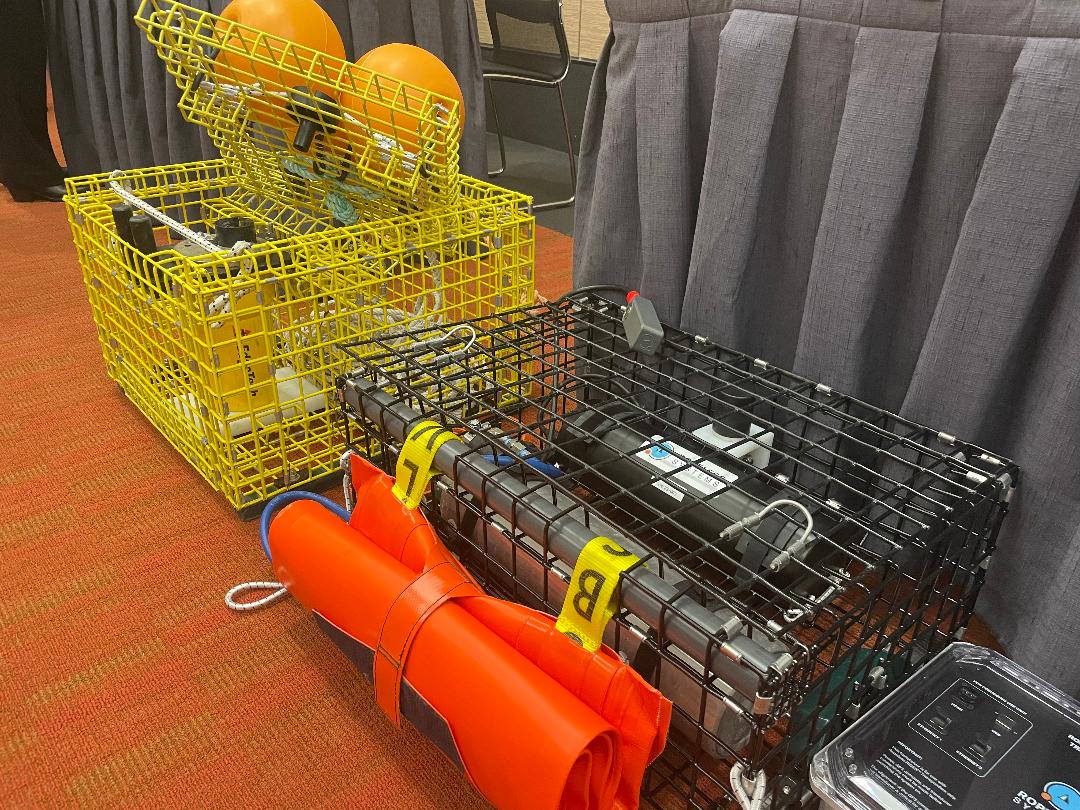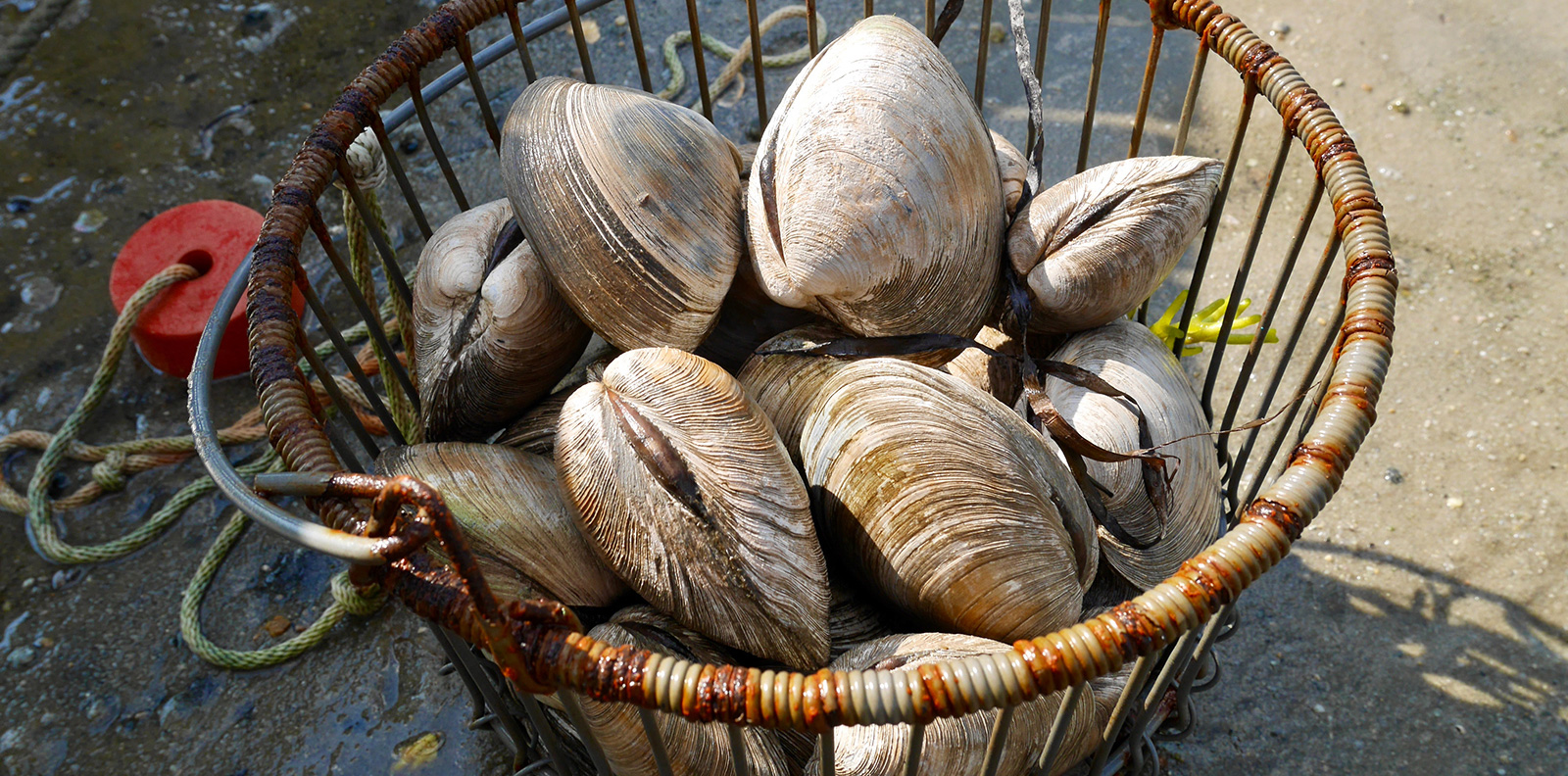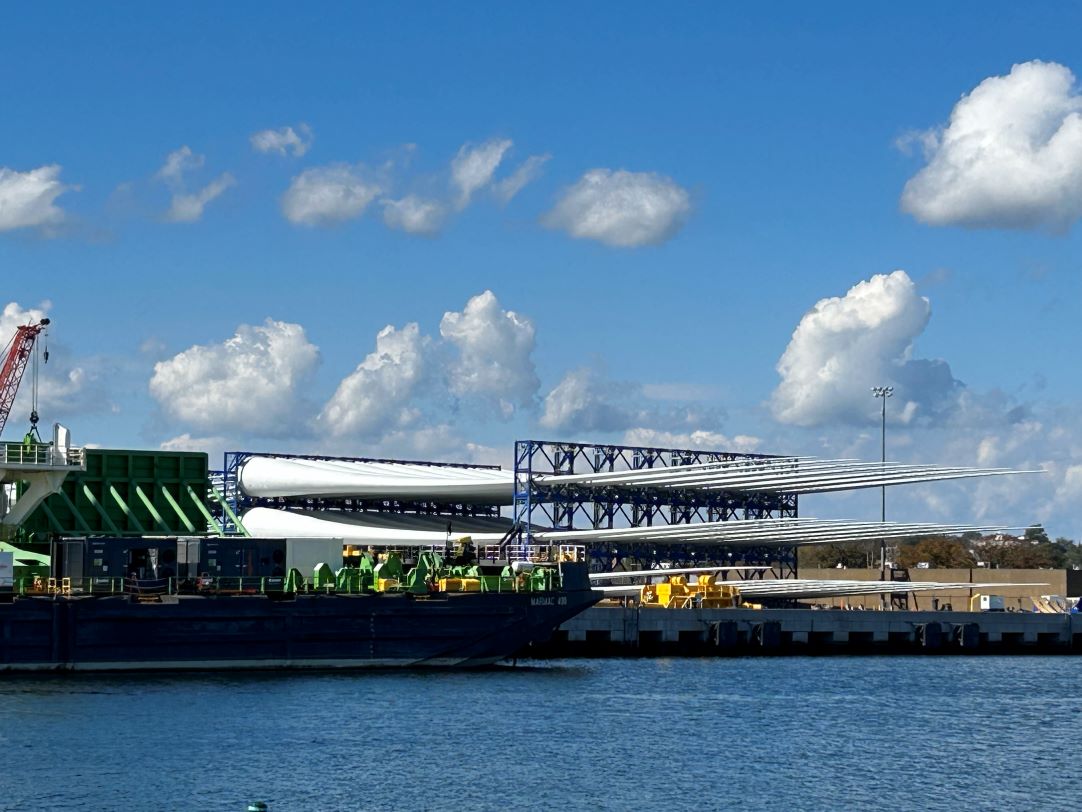Out-of-State Trawlers Depleting Rhode Island Herring
February 9, 2012
PROVIDENCE — Several giant and unwelcome intruders are cruising Rhode Island waters.
Out-of-state fishing trawlers, about 150 feet long, have been fishing close to the Narragansett and Charlestown shoreline since January, scooping up massive hauls of herring and allegedly damaging fishing equipment and boats. Using a technique called pair-trawling, pairs of the big vessels are collecting schools of herring by fixing themselves to opposite ends of a large drag net.
According to state officials, about a half-dozen pair-trawlers have already netted 80 percent of the state’s catch limit for the entire year. Last year at this time, only 20 percent of the catch limit had been reached.
At a Statehouse hearing Feb. 9, Rich Fuka, president of the Rhode Island Fishermen’s Alliance, said the trawlers hail from New Hampshire and New Jersey and pose a threat to smaller, local boats. The nets, he said, are twice the size of those used by local trawlers and recently snared two fishing boats, causing $80,000 in damage.
Rep. Teresa Tanzi, D-South Kingstown/Narragansett, filed a bill banning pair-trawling until March 2013, after learning about damage to fixed-gear lobster pots as well as another incident of a smaller Rhode Island fishing boat getting ensnared in a pair-trawler net.
“Had (the boat’s) net not ripped, he would have been taken under,” Tanzi said.
Maine and New Hampshire prohibit pair-trawling. Massachusetts has a 72-foot-long boat length limit, making pair-trawling more difficult to operate.
Rhode Island prohibits pair-trawling in Narragansett Bay and charges a fee of about $200 for the boats to fish in state waters. Officials hadn’t needed to address the issue until this year, when an unusually large herring population stopped to feed in unseasonably warm waters off the state’s southern coast. Tanzi said pair-trawlers weren’t here last year, and haven’t been been a presence for decades.
“I hate those trawlers, too. It’s just been horrible out there,” said Rep. Joseph McNamara, D-Warwick/Cranston, a member of the House Environment and Natural Resources Committee.
The state Department of Environmental Management (DEM) didn’t oppose or endorse the bill. The DEM is not worried about overfishing, but did express concern about the economic impact of fishing revenue moving out of state. Smaller, local fishing boats also catch herring and have them processed at a Quonset Point facility. DEM policy expert Nicole Poepping said another processor is also being considered for Gallilee.
The herring has also drawn the attention of additional sea life, such as blue fin tuna and dolphin, said Save The Bay’s South County Coastkepper David Prescott. The food source helps the state economy too, as long as it’s caught by local fishermen. “It’s a little discouraging to see pair-trawlers down there,” he said. “It would be really nice to keep the fishery for the state.”
The House environmental committee unanimously approved the bill and sent it back to the House for a vote. The ban is not likely to get a full vote in the House until after a Senate hearing at the Statehouse on Feb. 15.
The issue is also expected to be discussed at a March meeting of the Marine Fisheries Council.
Categories
Join the Discussion
View CommentsRecent Comments
Leave a Reply
Related Stories
Your support keeps our reporters on the environmental beat.
Reader support is at the core of our nonprofit news model. Together, we can keep the environment in the headlines.
We use cookies to improve your experience and deliver personalized content. View Cookie Settings




I was in my hometown of Narragansett this weekend and there were two sets of pair trawlers sweeping every square inch of the coast into the mouth of the bay on the west sides. It looked excessive to me, can’t be much left by the time they are finished. Rather disturbing actually to see.
I see them every morning when I walk my dog in Weekapaug! It is terrible that the R.I. government let’s this happen. We are a surfcasting family and support local fishermen. Please STOP this😥I have photos of the trawler very close to our beach if you need them. Kim